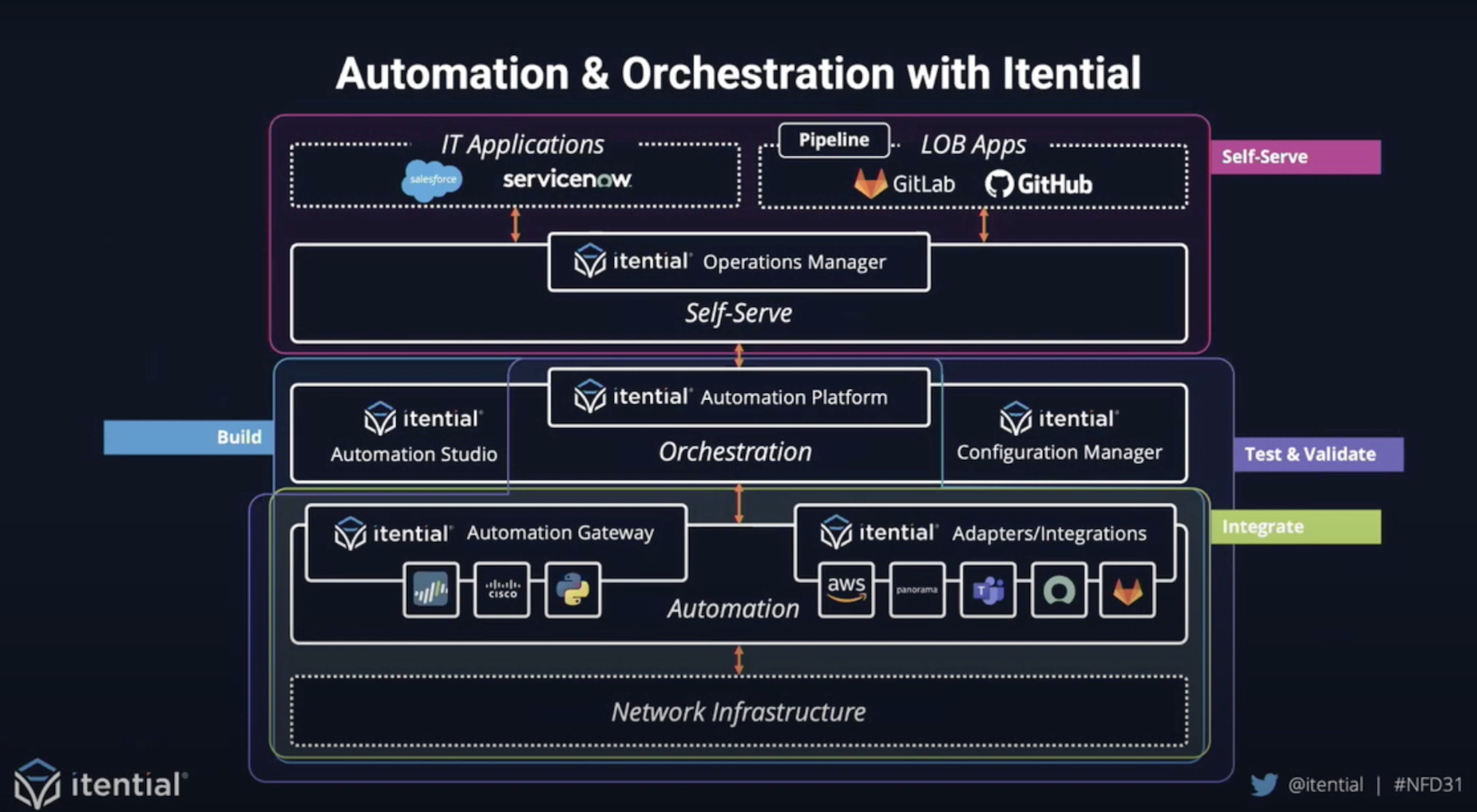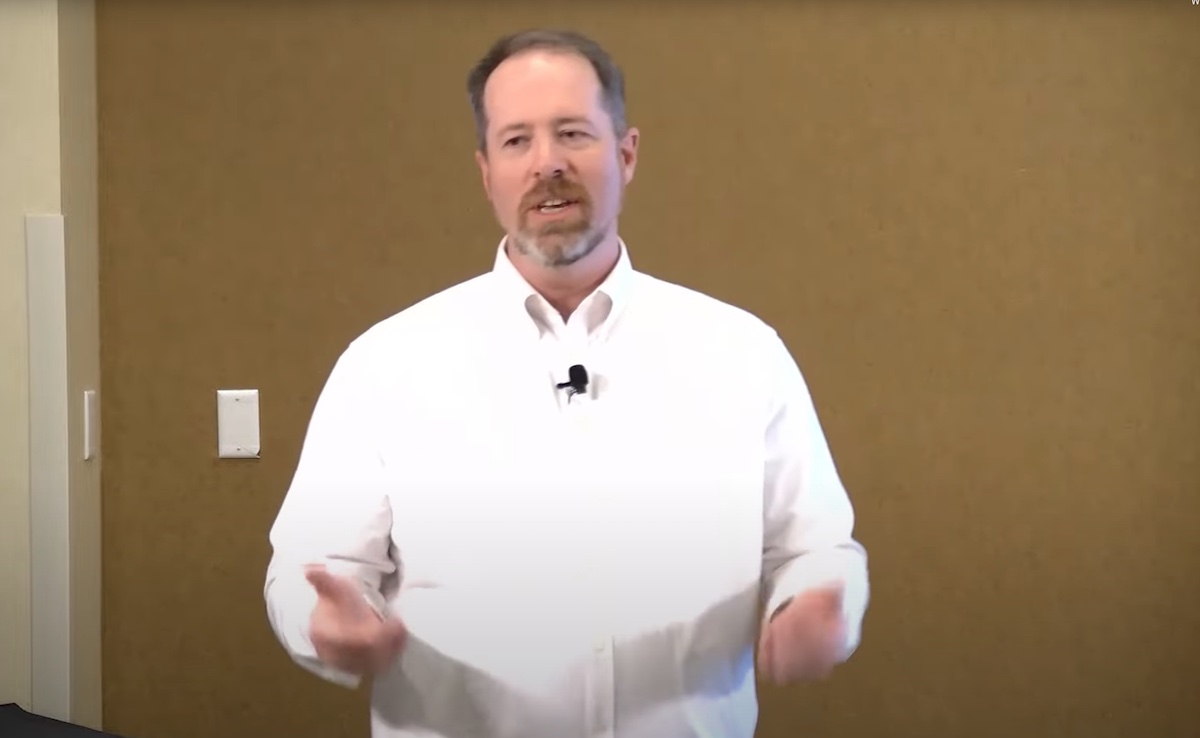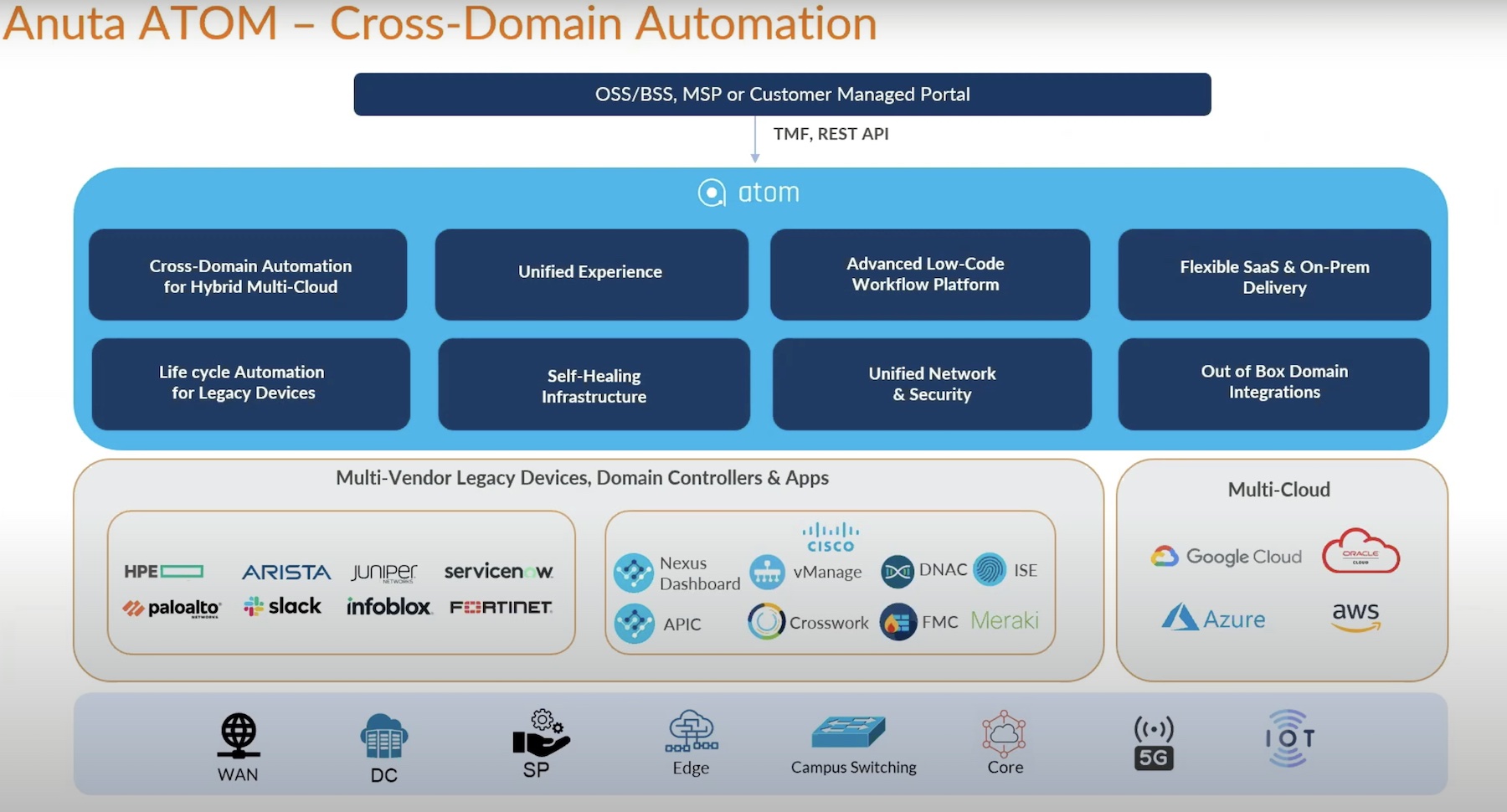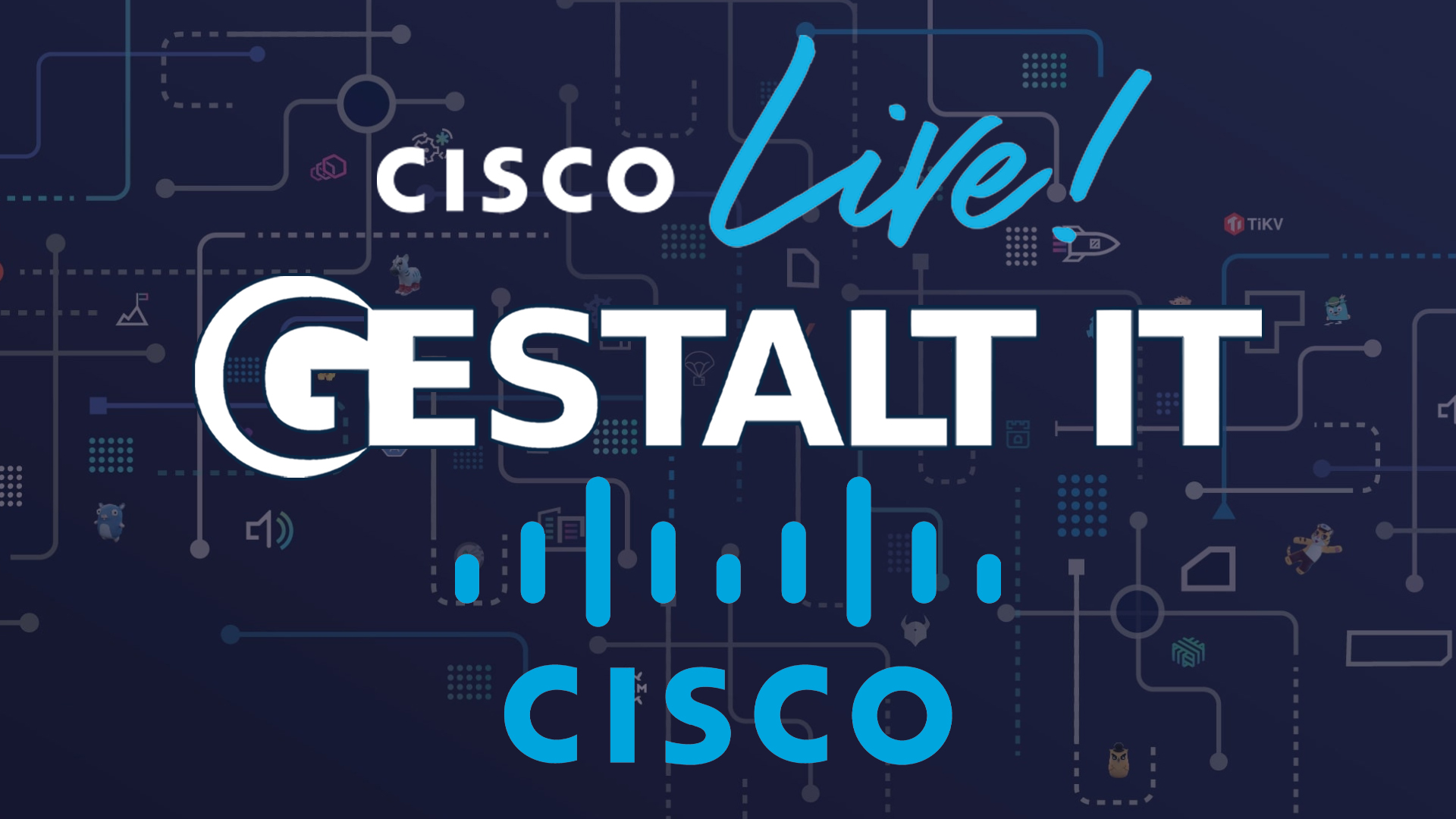We talk quite a bit about software defined networking in the community. A lot of people are curious about what that term really means. We have a hard time describing it when we talk about automation, orchestration, and other nebulous terms. But thanks to Pluribus Networks, there’s a concrete example of how the value of software can really drive your network forward.
Adding Value
Pluribus was once a company that had a specific path they wanted to take in networking. They developed a fabric technology that allowed them to build their software on a server-like platform and deliver it to their customers. They were somewhat successful and had many customers.
The funny thing about the hardware market is that things are always changing. And they changes are rapid when they come all at once. For the networking space, Facebook jumped into the fray by offering their own take on the network switch. This switch was built around their familiarity with the server technology they built their social media platform around. The Open Compute Project (OCP) allowed Facebook to share their vision for switches with a wider audience.
OCP gave network software vendors a huge key they were missing: a reference platform. Now, there is an open standard that allows companies to use OCP-compliant devices off the shelf as a baseline for hardware. Previously, this required merchant silicon purchases from companies like Broadcom. With OCP, every original device manufacturer (ODM) could get into the market for a relatively low entry barrier.
The dearth of low-cost switching platforms that were all very similar in design and capabilities was a boon for software developers. But it did hurt the hardware side of the house. Companies were forced to ask themselves where the real value in their platform was located. Was it in the hardware they assembled? Or was it in the software that ran on their devices.
Pivoting With Plurbius
For Pluribus Networks, the choice was easy. Sunay Tripathi has always held Pluribus apart from the rest of the networking world. He thought of his platform as a server running a networking OS, not as a switch. His software held the key to making things run the way they did in the fabric. With OCP, Pluribus could standardize on a different platform and not worry about the hardware underneath.
By focusing on the software platform, Pluribus has been able to develop a lot of interesting features. Not the least of which is the distributed fabric management aspect of the system. Instead of worrying about an orchestration system that has to provide hundreds of API calls, or worse yet relying on protocols like SSH to deliver commands, Pluribus was able to build a system that has inherent orchestration capabilities. One set of commands can be executed across the fabric with 100% accuracy. The fabric delivers the desired configuration to the nodes without error.
Having a network fabric that is 100% reachable for orchestration also means you have a fabric that can provide accurate statistics. Using their existing technology as a platform, Pluribus was able to develop the Pluribus UNUM analytics platform on top of everything that gives them the ability to provide comprehensive data about the network traffic on the fabric. And it all comes from one location instead of being cobbled together from multiple panes on glass.
And finally, this platform can provide features to other software running on top of it. Pluribus has partnered with VMware to provide additional automation and visibility to NSX, including the ability to peer into NSX tunnels and analyze traffic. For network and virtualization teams that are starting to deploy NSX, this is a huge advantage that allows rich integration and analysis without the need to purchase additional hardware or complicate software integrations.
Putting It All Together
Really, truly being “software defined” means that the hardware beneath is of much less important than what’s running on top of it. Innovation needs to happen across the widest possible base of your product. Not in chips or in ports, but in the thing that shows your capabilities better than anything else. I feel like Pluribus has done a great job of this by focusing on what makes them unique and adapting it to a new generation of hardware. With their renewed focus and partnerships with companies like D-Link, I think Pluribus will be riding a wave of software defined success for years to come.





[…] Pluribus Networks Is the Definition of “Software Defined” […]